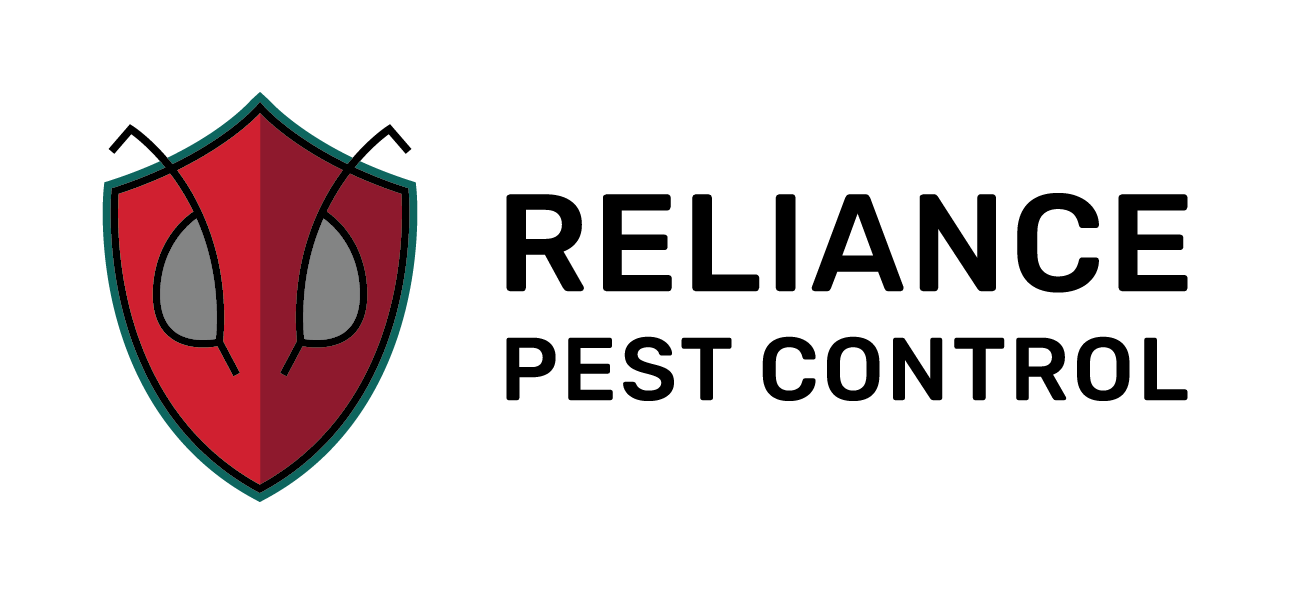About Moths
 Moths can be a nuisance, especially around stored grains. The larvae of moths feed on cereals, nuts, grains, grain products, dried fruits, birdseed, and a variety of other processed food products. Because of this, they can be a common pantry pest. As adults, moths fly mostly at night and are attracted to lights. The mature female will lay around 100 to 300 eggs on food material. New larvae are so small that they could pass through a sixty-mesh screen, making them difficult to eliminate from most packaged foods and grain. The larvae can not chew through packaging so they result to entering items through a hole or at a seam. An adult moth will only live from five to twenty-five days.
Moths can be a nuisance, especially around stored grains. The larvae of moths feed on cereals, nuts, grains, grain products, dried fruits, birdseed, and a variety of other processed food products. Because of this, they can be a common pantry pest. As adults, moths fly mostly at night and are attracted to lights. The mature female will lay around 100 to 300 eggs on food material. New larvae are so small that they could pass through a sixty-mesh screen, making them difficult to eliminate from most packaged foods and grain. The larvae can not chew through packaging so they result to entering items through a hole or at a seam. An adult moth will only live from five to twenty-five days.
Moth Prevention
Preventing infestations is a continuous fight that needs to be addressed before there is an issue. Some tips for keeping your home free of moths are:
- Store all food in sealed containers.
- Cabinet and pantry shelving should be installed so that there are limited cracks and crevices where food crumbs can accumulate. Using caulk or another method of sealing the cracks is a viable remedy.
- Any spills should be cleaned up immediately. The longer the food is left out, the longer the pests have to be attracted to it.
- Check groceries to ensure that you are not bringing in moths along with the food.
Once your home has been invaded, there are some do-it-yourself control methods that can be tried before resulting to professional assistance. They are:
- Inspect all food and discard any infested foods into a sealed bag outside of the home.
- Once the first step has been completed, all cabinets and the pantry is to be scrubbed clean. This requires hot water and soap.
- Vacuum the kitchen, especially any suspected infested areas.
- If single moths can be spotted from time to time, an effective way to find them is to turn off all the lights in the home at night, except for the kitchen light. The moth will be attracted to the light, at which time you will be able to remove it from your home.

